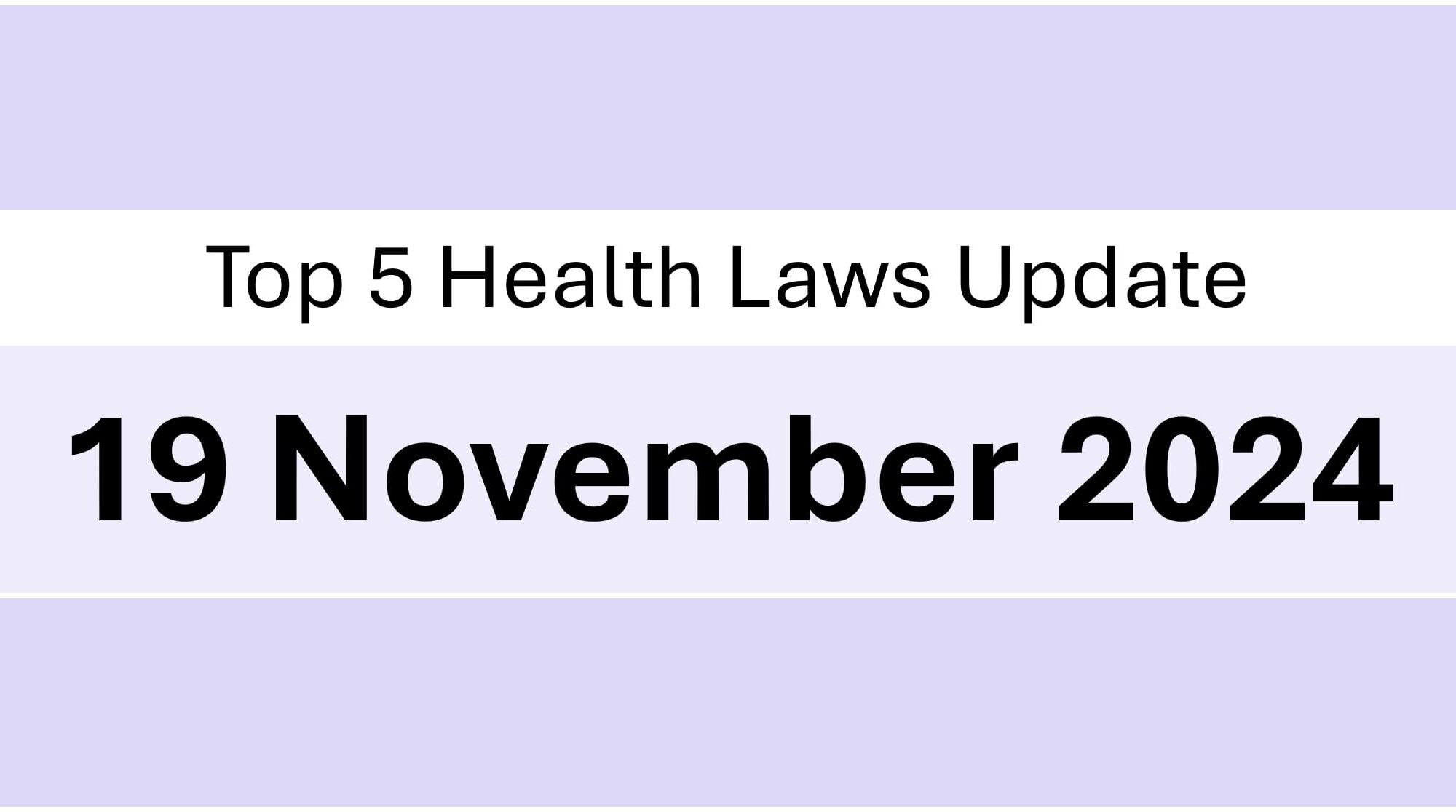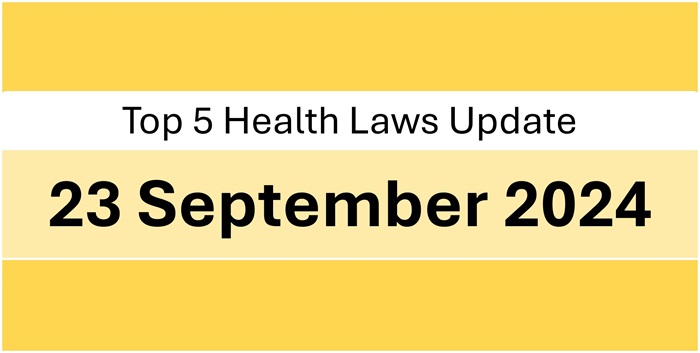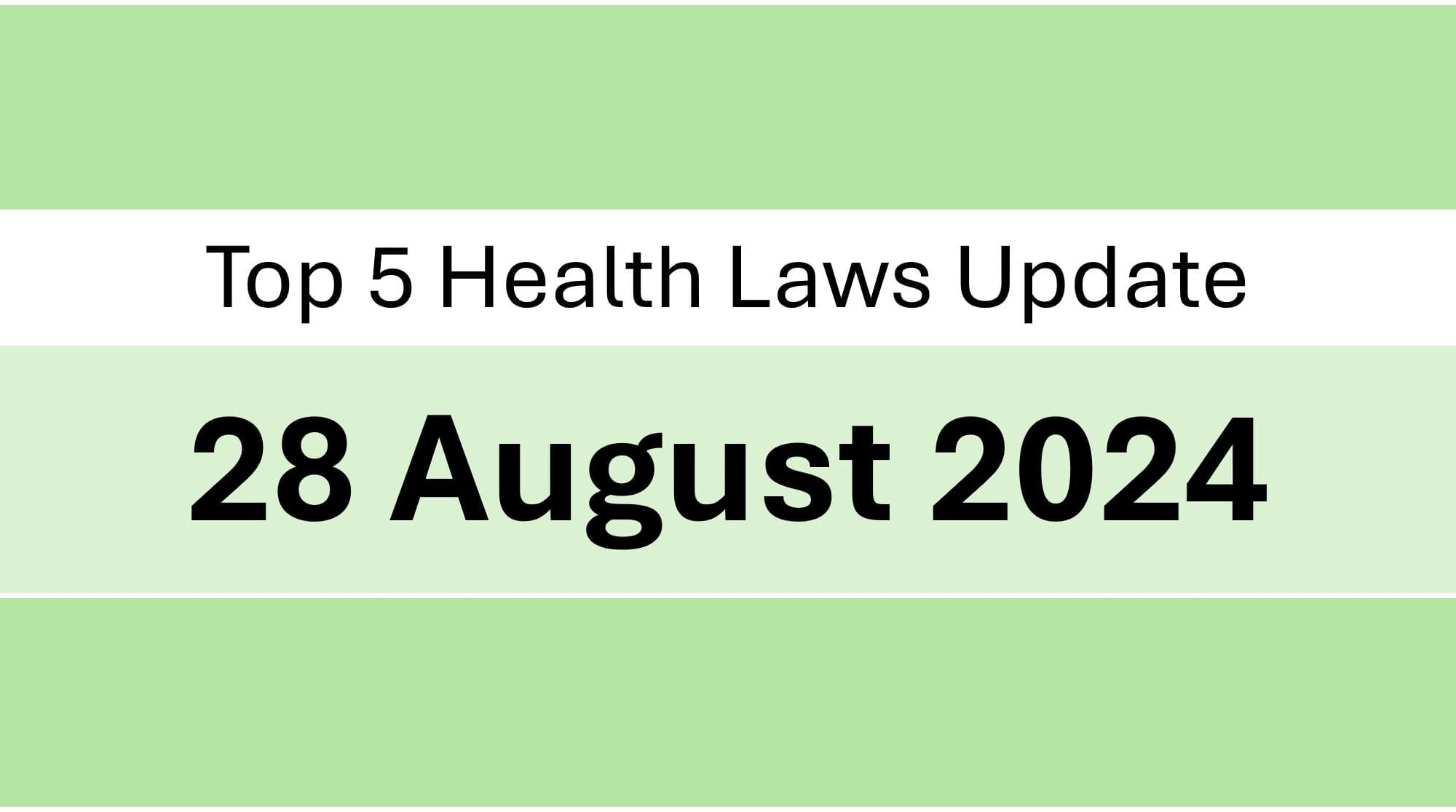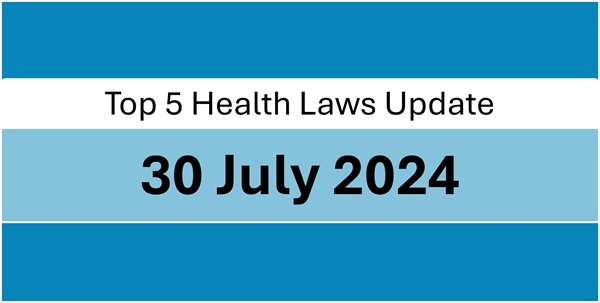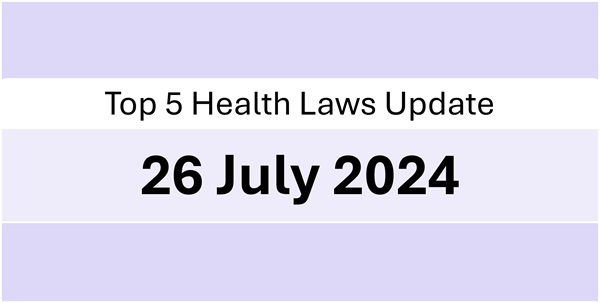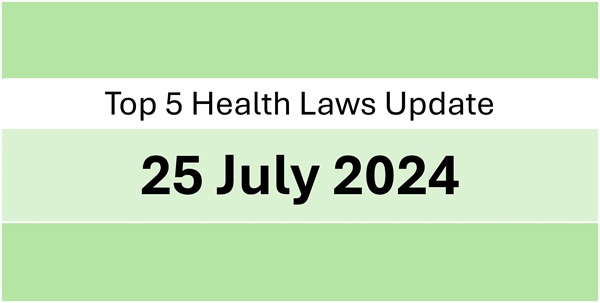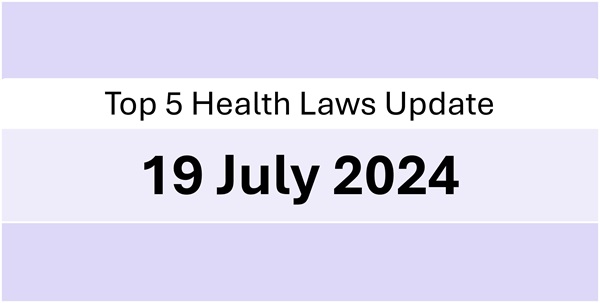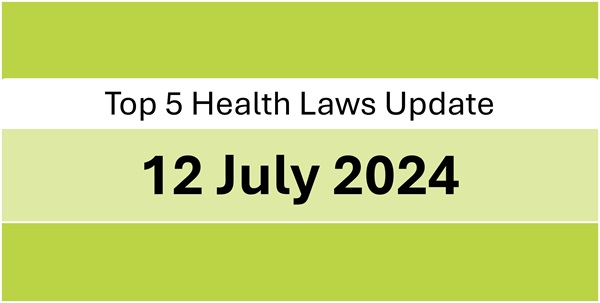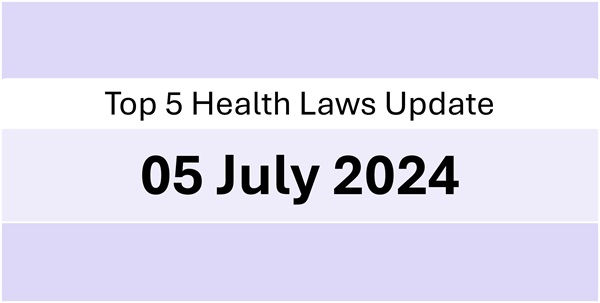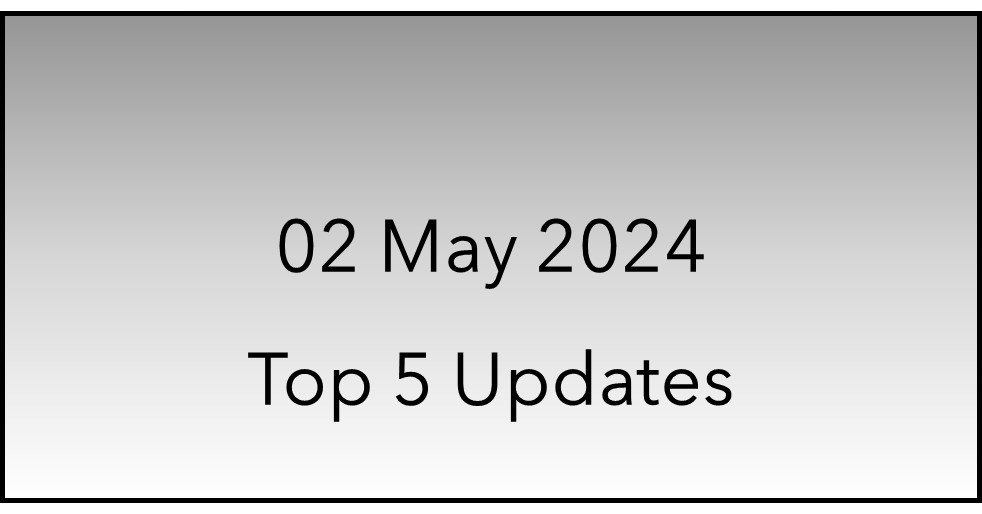Dear Readers, we are happy to share the most interesting legal and policy updates concerning health industry that we read today. we hope you enjoy reading it.
1. India’s Supreme Court’s National Task Force (NTF), panel of eminent doctors constituted to make an action plan for ensuring the safety of healthcare workers, has opined that there is no requirement for enacting a separate central legislation to protect the doctors as there are already enough legal provisions to ensure their safety.
Source: bit.ly/4fVmIDK
2. India’s Directorate General of Foreign Trade (DGFT) has issued a trade notice to harmonize and streamline pharma export process and bring in line Schedule-II (Export Policy) with the latest tariff codes under the Finance Act, 2024. A draft of Schedule-II covering Chapters 01-98 of the ITC (HS) codes is open for public feedback and comments till 27th November 2024.
Source: bit.ly/3Zo7SR3
3. India’s Ministry of Environment, Forest, and Climate Change has informed that all registered Producers, Importers, and Brand Owners (PIBOs) under the Extended Producer Responsibility (EPR) regime of Plastic Packaging registered during FY 2022-24 are required to file their Annual Returns (AR) for FY 2023-24 by 30th November 2024. Failure to do so will result in their AR being auto-filed and levy of penalty i.e., EPR targets for FY 2024-25 will be increased by 25% over and above the EPR target for FY 2023-24.
Source: bit.ly/3JqZRBH
4. To safeguard patient data and mitigate cybersecurity risks posed by vendor networks, Indian hospitals are reportedly advancing in cybersecurity practices. 89% of hospitals have implemented third-party risk management systems however only 10% hospitals have adopted holistic data privacy programs, underscoring area for improvement. Hospitals are reportedly recommended to allocate 12-15% of their budget over the next two years to cybersecurity and digital infrastructure to remain resilient against cyber threats.
Source: bit.ly/3Oj1ggl
5. The United States Drug Enforcement Administration (DEA) has reportedly extended pre-pandemic telehealth regulations for prescribing controlled substances till 31st December, 2025. This decision allows telemedicine providers to continue prescribing controlled medications without requiring in-person visits, while the agency evaluates public feedback on proposed permanent regulations.
Source: bit.ly/3YTYUcK

